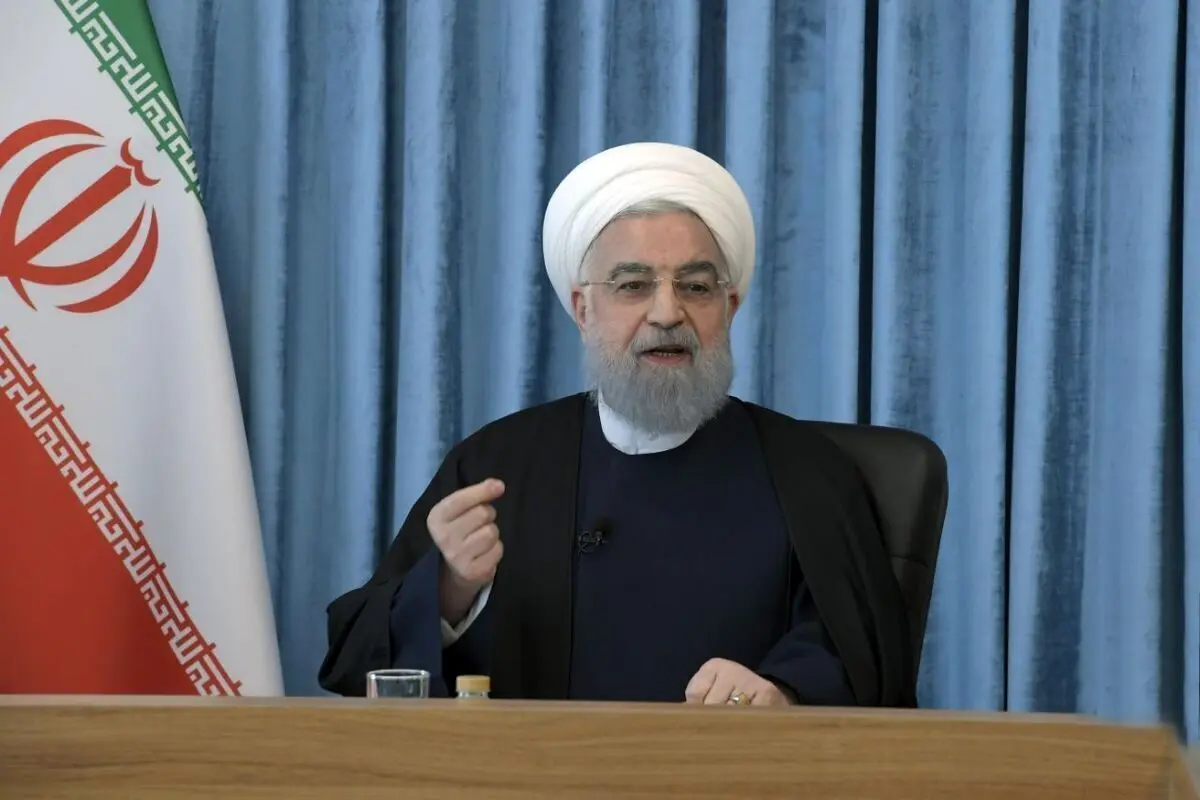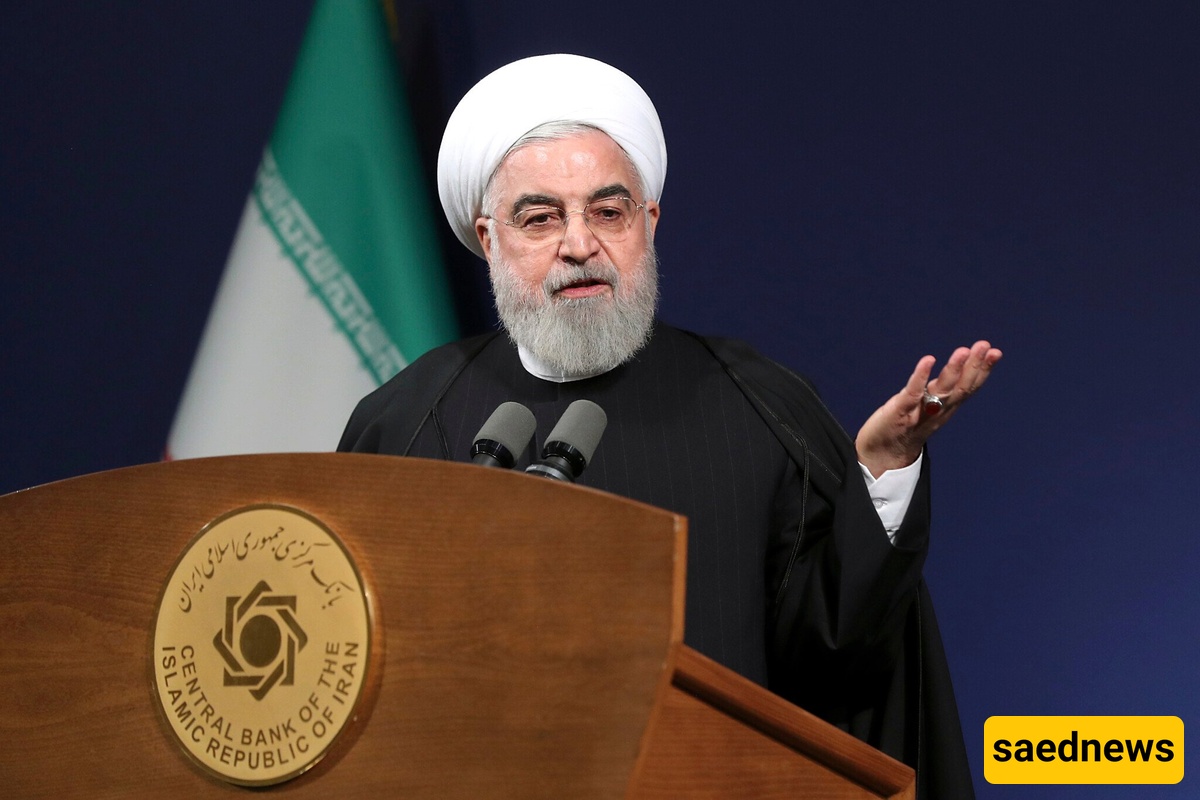SAEDNEWS: Former Iranian President Hassan Rouhani has criticized the U.S. and Israel for launching surprise attacks during ongoing diplomatic talks, detailing multi-national involvement and long-term threats against Iran’s security. He emphasized the strategic miscalculations and regional dynamics that triggered the recent 12-day conflict.

Hassan Rouhani, Iran’s former president during the 11th and 12th administrations, analyzed the post-12-day war situation in remarks to his advisers.

According to Saed News citing Etemaad Online, Dr. Rouhani’s remarks are as follows:
The events that our country faced from June 13 this year—namely the U.S. and Israeli aggression against our territory—are significant in several respects. Firstly, this aggression involved a highly deceitful surprise. At the beginning, even before Trump assumed office, he declared that he wanted all wars to end before his presidency began and that he would not witness any wars during his term. He formally requested negotiations with the Islamic Republic of Iran, and these negotiations were ongoing when the war began in the middle of the talks. This type of surprise is extremely disgraceful. A country like the U.S. or Israel, with military power, seeking to use it for aggression, should never resort to such tactics.
Secondly, in a war, there may be instances leading to war crimes, but this aggression began with war crimes. It involved attacks by missiles or drones on residential homes—even if a nuclear scientist or military commander resided there. Attacking civilians, women, and children is completely unacceptable by any standard.
Thirdly, this war was not only a U.S.-Israel conflict. It involved more than 40 countries. Nearly all NATO members participated, and some regional countries were involved as well. Moreover, a UN-affiliated nuclear organization, which is obliged to support NPT member states technically, also participated in this plot. On June 12, the Board of Governors passed a resolution against Iran, proposed by three European countries and the U.S., and supported by 19 countries, creating a pretext for the U.S. and Israel to attack Iran the following day, Friday.
At various points, the Americans sought pretexts to attack Iran. Israel and the U.S. have long been adversaries of the Islamic Republic and the Iranian nation, and there have been prior instances of aggression. For example, the U.S. was involved in Operation Eagle Claw in 1980, and during the Iran-Iraq war in 1987. Earlier, intelligence interventions and operational involvement in the Persian Gulf led to the downing of a civilian Airbus in July 1988.
In other periods, the U.S. planned potential attacks on Iran. In 2001, after 9/11, the U.S. considered possible targets, including Iran, but attacked Afghanistan instead. In 2002, discussions resurfaced regarding operations against Iran or Iraq, with Israel strongly supporting attacks on Iran, eventually leading to the U.S. invasion of Iraq. In 2003, nuclear contamination in Natanz provided a pretext for potential U.S. action, but through careful negotiation with three European countries, Iran avoided direct conflict.
In 2013, both the U.S. and P5+1 countries considered attacking Iran, but massive voter turnout in the presidential elections (73%) prevented this, and subsequent nuclear negotiations became the main obstacle to military action. In 2019, tensions arose following the downing of the U.S. Global Hawk drone and incidents involving Aramco, which were managed without escalation. Throughout these periods, the U.S. sought pretexts, while Israel consistently targeted Iran through assassination of nuclear scientists, Stuxnet operations, Natanz attacks via drones, and other covert measures.
Recently, new circumstances encouraged U.S. and Israeli aggression. They believed Iran’s regional power had weakened due to events in Gaza, Lebanon, and Syria, including the fall of Assad’s government. They also assumed a widening gap between the Iranian people and the government following the protests of 2022. Additionally, Iran’s relations with certain Western countries, particularly in Europe, deteriorated due to the perceived support for Russia in the Ukraine conflict, creating favorable conditions for attack.
Furthermore, Netanyahu sought to expand the war to secure his government, seeing its end as a political threat, while Trump had been publicly humiliated by Iran at the UN Security Council, the Hague Court, and other venues. Combined, these factors contributed to the planning and execution of the recent war against the Islamic Republic of Iran.

